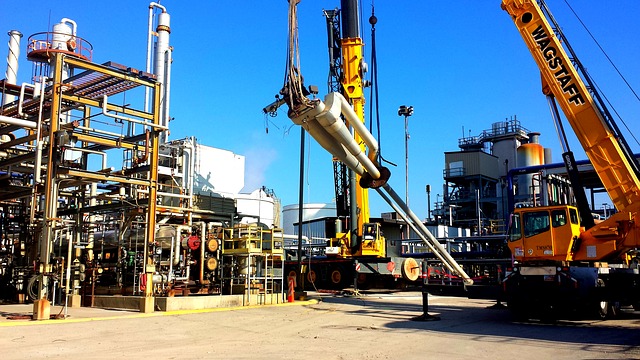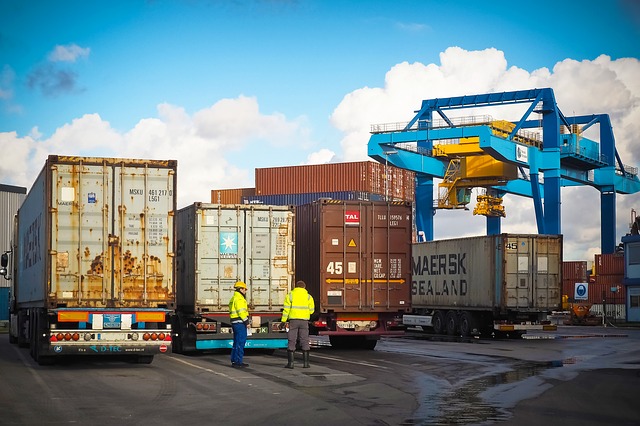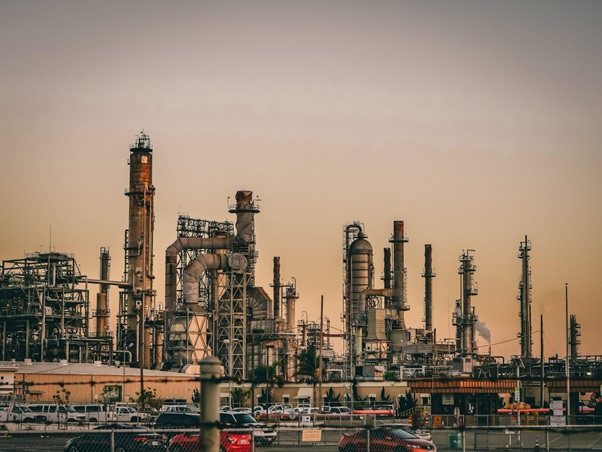Kuwait has authorized a plan to nationalize 100% of all technical, supervisory and executive jobs in the country’s oil sector by January 2021. The plan, announced by Kuwait’s state-run Supreme Petroleum Council, is aimed to prevent the appointment of expatriates for the main jobs in the oil sector. The government is also aiming to raise the number of locally-operated contracts with the state-owned Kuwait Petroleum Corporation (KPC) by 80%.
The plan will be implemented gradually during the second half of 2020 until it reaches the required result before the beginning of the next financial year. The country also set the plan to reach 4.75 million barrels per day of production during the next 20 years, requiring trained and skilled labor to cover the shortage in various specialties.
However, the country’s plan to raise oil production capacity in the long term is seen to be conflicting with estimates from the International Monetary Fund (IMF) that the oil-rich Middle East producers and exporters need necessary reforms to boost non-oil revenues and non-oil economic growth. Kuwait is still heavily dependent on oil, as the oil and gas sector accounts for approximately 40% of its GDP and 92% of export revenues, according to OPEC.
A Drop in Oil Revenues
Kuwait’s oil revenues dropped by 20.95% year-on-year throughout the first nine months of fiscal year 2019/2020. According to the monthly report published by the Ministry of Finance, the country’s oil revenues reached KWD 11.588 billion in the April-December period, accounting for 83.6% of KWD 13.863 billion estimated for the full FY19/20, compared to KWD 14.659 billion in the previous period.
This drop has also contributed to the reduction in Kuwait’s overall revenues by 19.20% to total KWD 12.675 billion in the nine-month period ended 31 December 2019, compared to KWD 15.686 billion in the previous corresponding period.

A report by Energy & Building and Research Center at Kuwait Institute for Scientific Research predicts that total primary energy demand in Kuwait will rise from 34.9 Mtoe in 2015 to 47 Mtoe in 2035, growing on average by 1.5% per year. This growth rate is considerably slower than the average annual 4.3% growth in 2000-2015, reflecting a deceleration in GDP and population growth.
Oil demand will grow by 0.5% per year, on average, over the projection period, compared to a growth of 2.6% in 2000-2015. The share of oil in total primary demand will also steadily decline, from 52% in 2015 to 42% in 2035 due to fuel-switching in the power generation sector.
The Rise of Non-Oil Sector
The value of certificates of origin (COs) for Kuwaiti non-oil exports was recorded to grow by 9.2% year-on-year in 2019, as reported by Kuwait’s Ministry of Commerce and Industry. The number of COs for non-oil exports to Arab and foreign countries reached 14,830 at a value of KWD 169.6 million in 2019, compared to 8,270 with a value of KWD 155.3 million in 2018.

The number of COs for Kuwaiti non-oil exports to non-GCC Arab countries reached 3,802, valued at KWD 57.1 million in 2019, compared to 1,066 at a value of KWD 47.3 million to foreign countries. Meanwhile, COs for Kuwaiti non-oil exports to GCC countries hit 9,962, with a total value of KWD 65.1 million.
Iraq topped the list of Arab countries that import most of the Kuwaiti exports, followed by Jordan, Lebanon, Egypt, Algeria, Yemen, then Tunisia. Qatar ranked first in the Gulf, followed by the UAE, Saudi Arabia, Oman, and Bahrain. As for foreign countries, Italy came first, then Belgium, Turkey, France, Spain, and Portugal.



